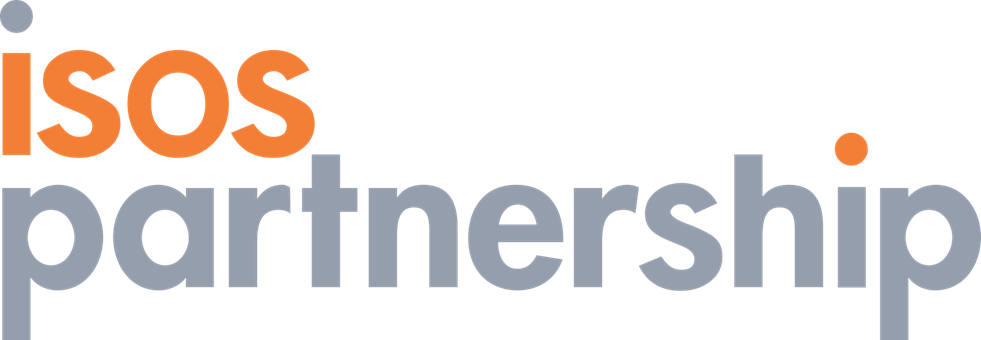Research and evaluation
Research into the evolution of ten local education systems
‘Your work with us was characterised by a clear wish to understand the local context, to ask probing questions that aided our self-analysis rather than hindered it, and helpful thoughts for the future without ever overstepping your brief.’
— John Edwards, Director of Education and Skills, Manchester City Council, one of the ten participating local systems
The brief
Following our study of the evolving role of local authorities in education, in 2013 the Department for Education commissioned Isos Partnership to carry out a further study into the way in which ten local education systems were continuing to evolve in response to the extension of school autonomy. The aims of the study were to undertake a “temperature check” on the way these local systems were evolving, the changing roles of school, local authority and other leaders, the factors influencing these changes, and any challenges encountered along the way. We focused specifically on three key functions of local education systems: school improvement and intervention, place-planning, and support for vulnerable children.
What did we do?
In spring 2013, we started working with ten local systems, covering a range of geographical areas, local authority structures, sizes and political control, system performance and school types, and including four that had taken part in our previous study.
We undertook two phases of fieldwork, the first during the spring and summer terms of academic year 2012/13, and the second during the autumn and spring terms of academic year 2013/14. During each phase, we undertook semi-structured group and individual interviews with a sample of school leaders from across all phases, with local authority officers and elected members, and a range of other local and national partners, such as local dioceses. During the second phase of fieldwork, we also undertook a short survey of school leaders to gauge their levels of confidence about aspects of the local system, including the strength of partnerships, access to high-quality school improvement provision, place-planning, and support for vulnerable children. We triangulated our interview and survey findings with published national data where it was available.
We set out our conclusions in an authoritative research report, which was published by the Department in July 2014. The report set out not only the way in which key functions of the local education systems were evolving, but also about the factors that influence change in local education systems, and a set of practical lessons for leading change during the next stage of evolution. Throughout the report, we included case studies to highlight innovative practice across the ten local systems and to draw out practical learning for leaders in other local systems.
What difference did we make?
We submitted our report to the Department for Education, and it is being used to help shape their ongoing policy thinking. Early feedback from school and local authority leaders has been extremely positive, with a number keen to use the case studies and concepts, such as the different types of system transitions, to inform how they approach the next phase of change. Our work with the local systems has also helped school and local authority leaders to gather feedback to support their own self-evaluation and ongoing work.
‘In carrying out your research, you provided us with a really helpful, accurate and perceptive summary of the work we have underway in Wandsworth, which went well beyond the extra mile. We have shared this with school leaders and used this to review the content of our traded services offer and more generally how we communicate the Council’s overall offer to schools.’
— John Johnson, Assistant Director for Schools and Standards, Wandsworth Borough Council, one of the ten participating local systems
‘Being involved in the Isos PArtnership project has helped the Children & Family Services to evaluate Leicestershire’s school system and its developments and opportunities. I found it to be a useful and positive experience.’
— Lesley Hagger, Director of Children & Family Services, Leicestershire County Council
What did the client say about our work?
‘We were very impressed with how Isos Partnership approached this project and pleased with the quality of the final report. All deadlines were met despite a small shift in focus between the two periods of fieldwork. A key factor contributing to the success of the project was Isos Partnership’s knowledge of the education system, which was applied well to help identify the nuance in the responses received in different areas. We were also very grateful with how willingly Isos Partnership took the time to visit the Department and engage with stakeholders as they developed the final report. Overall this was an excellent project.’
— Rob Cirin, Department for Education

